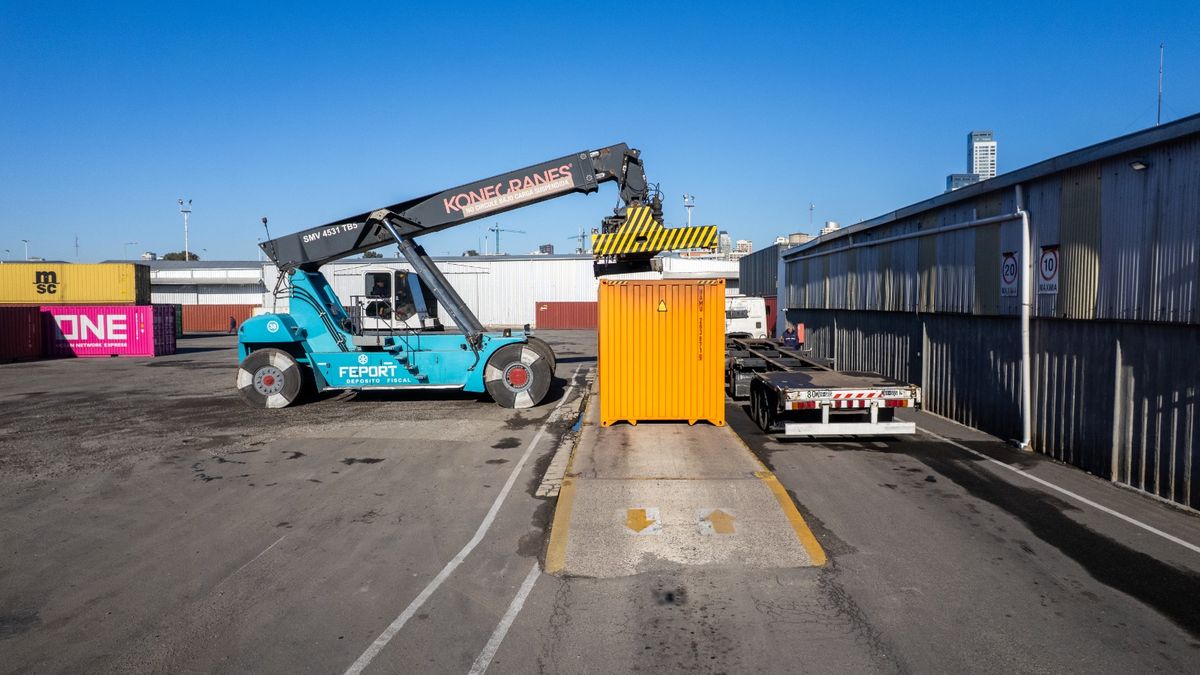Among other things, it is the multitude of possibilities that complicates the lives of young people, says Sarah Baum. From the unhinged job market with its ever-expanding digital niches to the forced decision-making difficulties in romantic relationships because someone with a more promising future may appear on Tinder tomorrow. This variety restricts life – that sounds strange, “but it’s true, because with a swipe on the cell phone you get the next, maybe the better option,” says Stefanie Altenhofer.
Together with Anja Baum, Stefan Parzer and Julia Frisch, the two women form the impressive theater collective “Das Schauwerk”, which is breaking new ground in drama in Linz: the quintet only puts on the stage what they have written and staged themselves. At the Theater Phönix in Linz, “Das Schauwerk” celebrated its acclaimed premiere with “Generation Why” (last performance: Tuesday, January 25) – a clairvoyant and self-ironic look at the people born between 1981 and 2000. And because all five of these meaning-seeking Ypsilons belong to “Generation Y”, “they don’t pretend when they stare into the chasm between the longed-for sauna-pool house and its affordability,” wrote the OÖN.
The show workers are between 28 and 35 years old and know how it feels when two degrees lead straight to an unpaid internship or to waitressing. You could also become a mum, dad or both, but sometime later, please, because the relationship between work and life is swinging in balance or there hasn’t been enough time for self-awareness. And you still want to see the world. Where else but on a lonely palm beach would you want to make ankle bracelets out of the plastic of the sea?
So much for the problems of young people in the First World. Parzer: “When working on the piece, we started from the situation that we were always told that we can be anything, become anything and have anything. The weakness in decision-making that is said about us and younger people is mainly due to the fear of getting through determination to miss out on something better.”
Is an apprenticeship enough?
In the constantly changing world of work, from different working time models to more rapid job changes, Anja Baum does not only suspect personal decisions as the reason for uncertainties: “Societal and socio-political aspects also play a role. We simply can no longer rely on the fact that a single training course is enough to earn a living reliably and maybe even feed a family.”
The change in the assessment of competence and success has cut across all professions. “For a long time, these were only clearly measurable economic criteria. Whether you speak the same language on the way to success or respectfully harmonize with one another on a human level didn’t matter for a long time – that’s only now slowly improving, also in our cultural sector.” , says Anja Baum.
On the other hand, the models learned from the parents – to save for larger purchases, to settle down – are hardly present in Julia Frisch’s circle of acquaintances: “I had a dad, whom I only saw at the weekend, because he just had to work. In In those moments with us, he was the superhero. My mother always worked, but she organized the family and played taxi for us.” Today she observes that young people have a much more enjoyable but by no means irresponsible approach to life. However, with a different understanding of roles: Her mother’s role model also instigated Frisch to a more emancipated image of women.
Graphic: Around 18.2 percent of the population is under 17 years old. This means that the proportion of children and young people has fallen by 4.1 percentage points since 2000 and will fall by a further 0.6 percentage points by 2040.


“Often we are not even aware of how luxuriously we as young people can pursue our self-awareness,” says Anja Baum, “because if we fail, then there are backup systems that will catch us,” says Anja Baum.
Sarah Baum finds it hard to understand why surveys and statistics still predict a negative future for children and young people: “It may be more exhausting than it used to be, but there are so many young people who stand up for their beliefs with impressive energy and fighting very loudly to create a better future.”
Perhaps these initiatives will also lead to a new form of democracy? Altenhofer: “Democracy must and will change because the challenges and the reality of life have become more global. The millennials understood the problems, but they didn’t know how to deal with them. The next generation is much further along, they offers solutions.” And if “a few funny songs are needed on TikTok to implement good ideas and develop democracy, then that’s fine too – because then you’ll be noticed worldwide,” says Anja Baum.
Dealing with digital media
It was not just Corona that made it clear that social media are also fed with stupid ideas. Nevertheless, the pandemic fuss should be the reason to finally start serious media lessons in schools. Anja Baum: “It’s obvious that people – whether young or old – don’t care where the information comes from and whether it’s credible.” You have to learn these skills. Stefan Parzer doubts that communication as a whole will disappear into the digital realm: “In professional terms, digitization will become even more intensive, but I’ve noticed that people are longing more for analogue experiences again in their private lives.” Being young means finding your way in all worlds in the future.
Figures from the current youth study:
Youth researchers in an interview:
Source: Nachrichten




